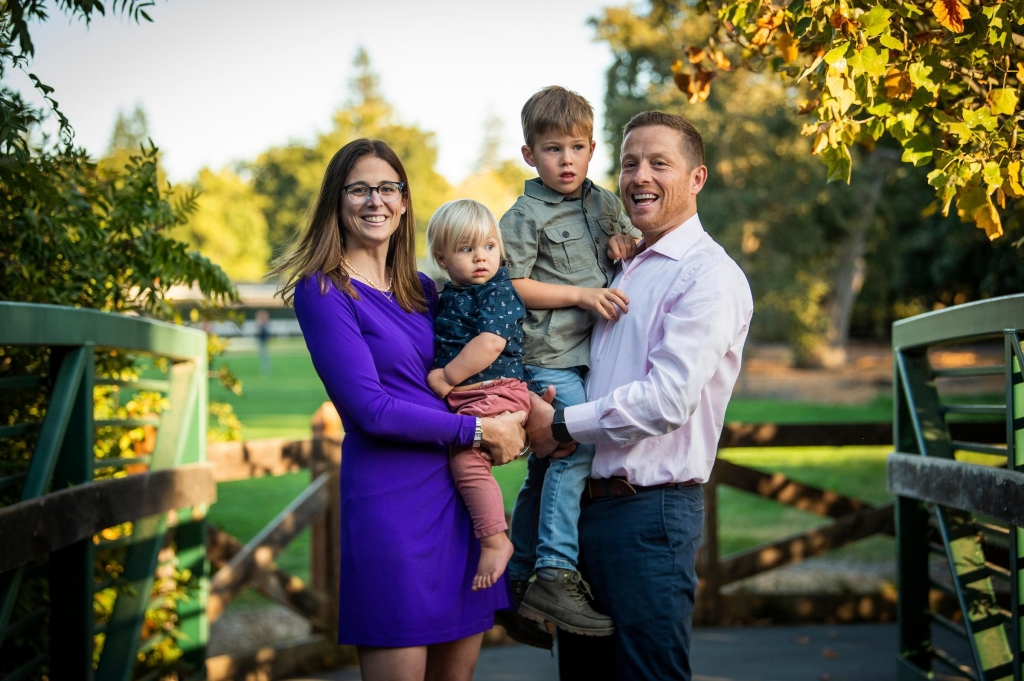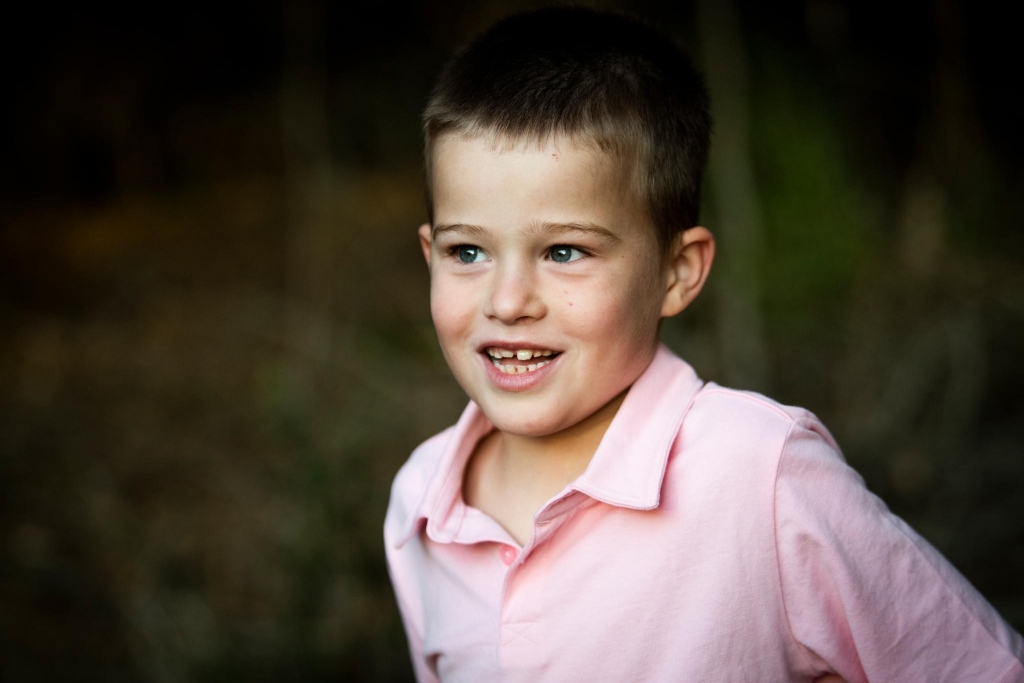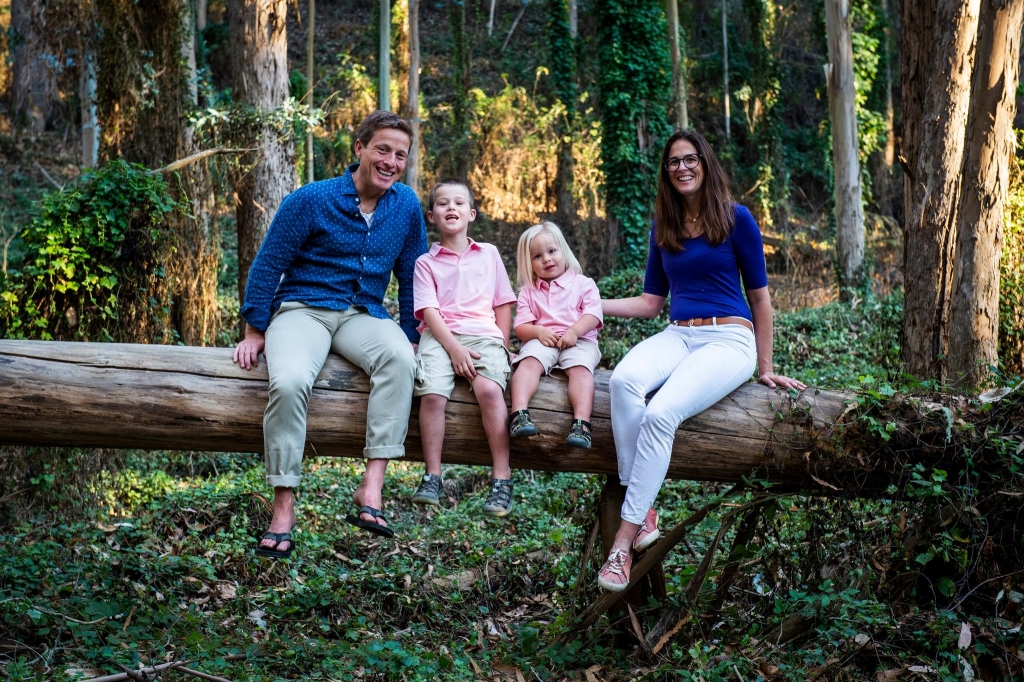This interview first appeared in our quarterly Peer Support Newsletter. Sign up here if you would like to receive stories, support and resources specifically for parents and caregivers in your inbox every few months.
Mike Graglia, MBA, MA is the father of seven-year-old boy Tony who was diagnosed with SynGAP1 in 2018, shortly after his fourth birthday. Together with his wife, Ashley Evans, he founded the SynGAP Research Fund.
He spoke to the Child Neurology Foundation about his family’s journey and the role peer support plays for families of children with rare diseases.

Tell us a little bit about your journey.
Before Tony was diagnosed, we didn’t know that we were a part of the rare disease community. All our support came from the clinicians and therapists who were seeing our son.
Just after Tony ‘s fourth birthday, we realized he had a pathogenic variant on the SYNGAP1 gene that were causing the spectrum of neurodevelopmental disorders including epilepsy, intellectual delays and autism.
We joined a Facebook group that brought patients together and, eventually through that, we connected with a few others in the community with a lot of experience and knowledge.
That was just the beginning, though. We wanted a supportive patient group focused on accelerating the science — so we created the SynGAP Research Fund.
We initially thought we’d focus on raising funds and investing in research but, very quickly, a lot of parents came out of the woodwork wanting to help. That’s when things just took off.
Now, SynGAP Research Fund is a thriving organization and one of the things we’ve learned is the importance of having patient support groups. We have groups that meet a weekly. We help families talk about their struggles and answer each other’s questions.


At what point did you realize you needed support with a rare disorder and what were you looking for?
When you go from having a kid with epilepsy and autism to having a kid with epilepsy and autism caused by a rare gene, you don’t immediately understand what it means to know the genetic cause. It means despite having a 1 in a 1,000,000 kid, you can find others with the same challenges and help each other.
We created our patient support program almost by accident. Due to COVID we started a weekly call with other families and called it ‘Happy Hour.’ We didn’t even call it a support group.
Over the course of those meetings, I’ve come to realize how invaluable those regular check-ins of ‘How are you guys doing?’ are and those conversations about everything from how to titrate medications to talking to neurologists to our own mental health support. People have made new friends.
I’m a huge advocate now of peer support and how critical knowledge sharing is in real time.
Do you have any recommendations for how to find other rare disease families?
For most people, I think the first place they turn to is Facebook. The problem with Facebook is that you can spend a lot of time with little quality control.
I recommend watching all the films you can on the Disorder Channel, which collects films about the rare disease patient experience. It’s an efficient way of understanding and calibrating what’s going on in your own life. And the stories are inspiring, showing that there is something you can do about all this. That would be the first step, just have a movie marathon for a couple weekends.
And then, turn to rare disease groups. Start with the great umbrella groups – like the Child Neurology Foundation, Global Genes and EveryLife Foundation. Go to those websites and figure out who is leading rare disease in your state.
Then, find rare disease groups that fit your family. If there isn’t one, find diseases like yours. Figure out who are your cousins in the rare disease community. Which disease states have similar symptoms? Which of those have support groups? And don’t be hesitant to call people up and ask for recommendations – they were probably in your shoes not too long ago.


What difference does it make having that kind of support? Can you give us some examples from your family’s experience?
We talk about things that you can’t Google, things that you wouldn’t even know how to search for online. Topics like: How do I deal with my child’s puberty? How do I deal with drug discussions? And how do we as a community help you?
When you have a rare disease, it can be terribly isolating unless you can connect with people who understand your life. It’s not a luxury, it is essential.
If you need help finding a rare disease patient group or would like to talk to someone who has lived through similar experiences, contact CNF’s peer support program.
Our trained peer support specialists are available virtually to listen to you, encourage you, and help you find the resources you need (Please note: we cannot provide medical advice or financial aid).
A big thank you goes out to our 2021 Peer Support program partners Greenwich Biosciences, UCB and Zogenix for their generosity.

